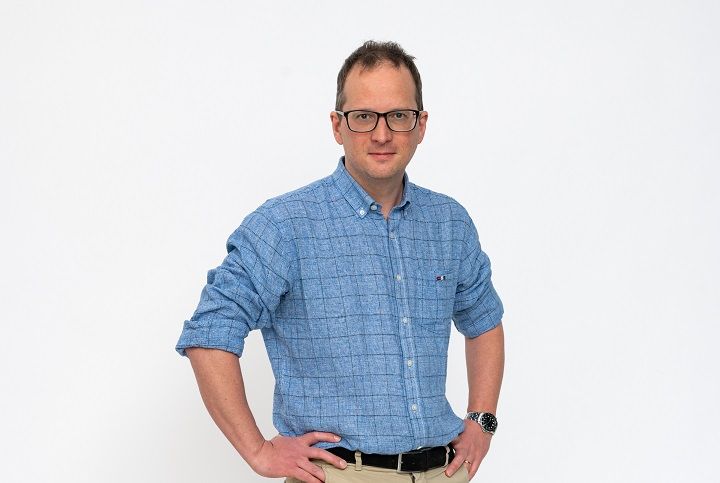In an expat survey published this summer Denmark ranks alarmingly low.
Meanwhile it’s becoming more and more obvious: Within a short period of time Danish society will be in serious trouble.
Here’s a prediction on how society will look like in a few years:
The service the Welfare State provides – that most Danes today take for granted – will turn into a shadow of itself.
Companies will fall behind internationally, because they can’t attract the talents they need.
As a result of that tax payments will go down.
Meanwhile expenses will increase because large generations will leave the labour market, leading to further cuts in public service.
A financial collapse
What has made Denmark one of the richest countries in the world?
According to the book “Vejen til Velstand” (The Road to Prosperity) companies in trade, shipping, finance and industry historically have been a part of the internationally oriented knowledge society that was built even before the Danish constitution was signed.
And in Denmark, education, health care and other benefits are free, securing – at least on paper – possibilities for all.
The Welfare State was established in the 1960’s, which is often referred to as “the golden decade”.
Women in large numbers entered the labour market, the economy grew substantially, houses and apartments were built in large scales, cars were bought – it was a decade of optimism.
But the Welfare State was founded on a contract saying that we all need work and contribute in order to benefit. And it was a prerequisite that the number of contributors roughly corresponded to those who had to be supported.
Recently the debate on working hours continued to grow. Leading economists now warn against the trend where Danes cut off working hours.
When we work less hours and thus pay less taxes, but our usage of the public service (free education, health care, etc.) remains the same, the financial model collapses.
Time to decide
Today, some politicians, organisations, companies, unions and think tanks call for more internationals.
Great idea.
But a lot needs to be done.
Just take a look at the 2023 edition of the Expat Insider Survey – one of the world’s largest and most comprehensive surveys on living and working abroad: Denmark ranks in 41st place, out of 53 nations.
One thing is of course how good companies are at including internationals in their offices.
Other questions are:
- Will Danes accept a more easy and smooth path for internationals into the Danish labour market?
- Will Danes accept that doctors, nurses, teachers, craftsmen and engineers enter the labour market even though their Danish skills aren’t perfect?
- Will leading politicians embrace future immigration?
It’s time to decide:
Do we want more internationals or a weaker society?
To me, that’s an easy question to answer.













